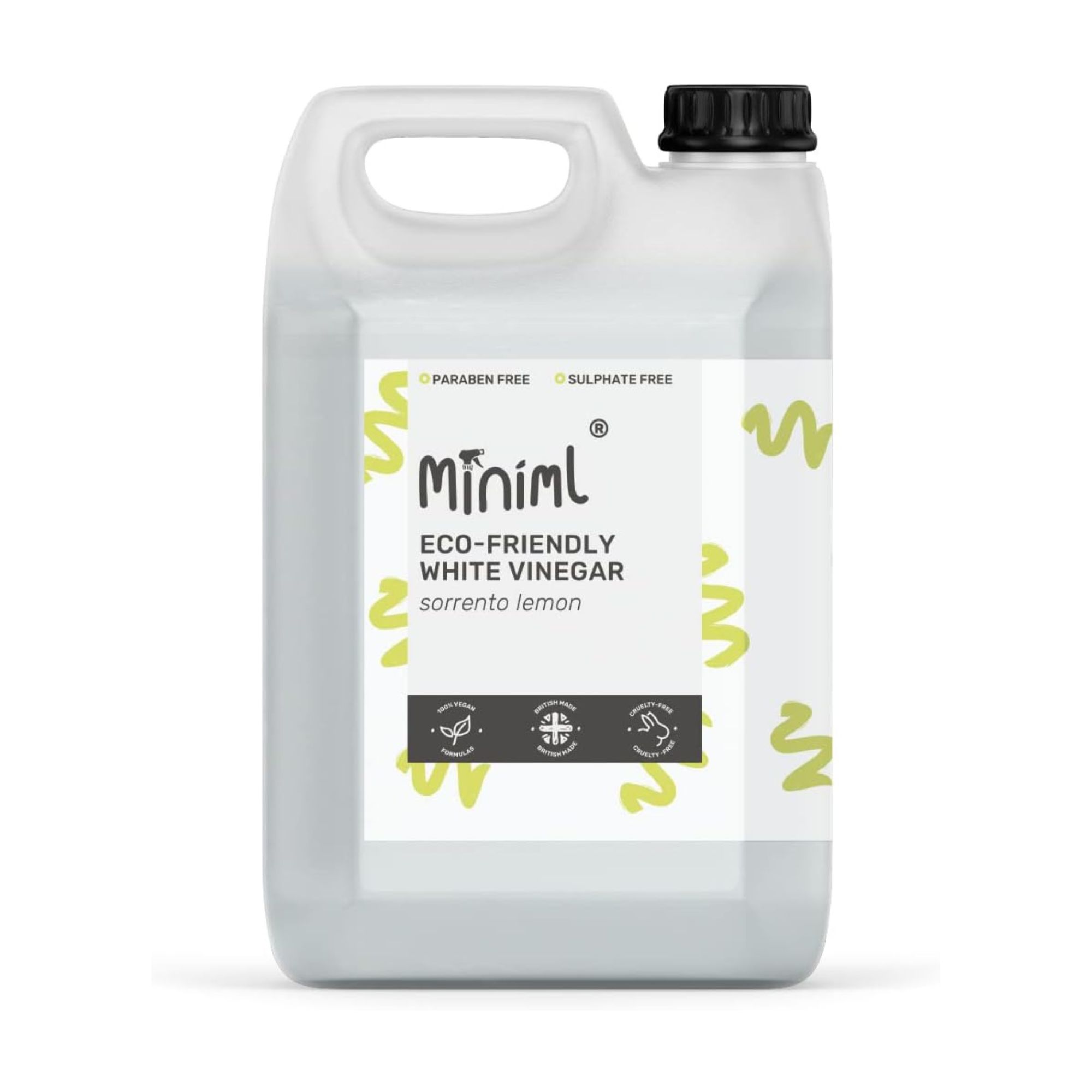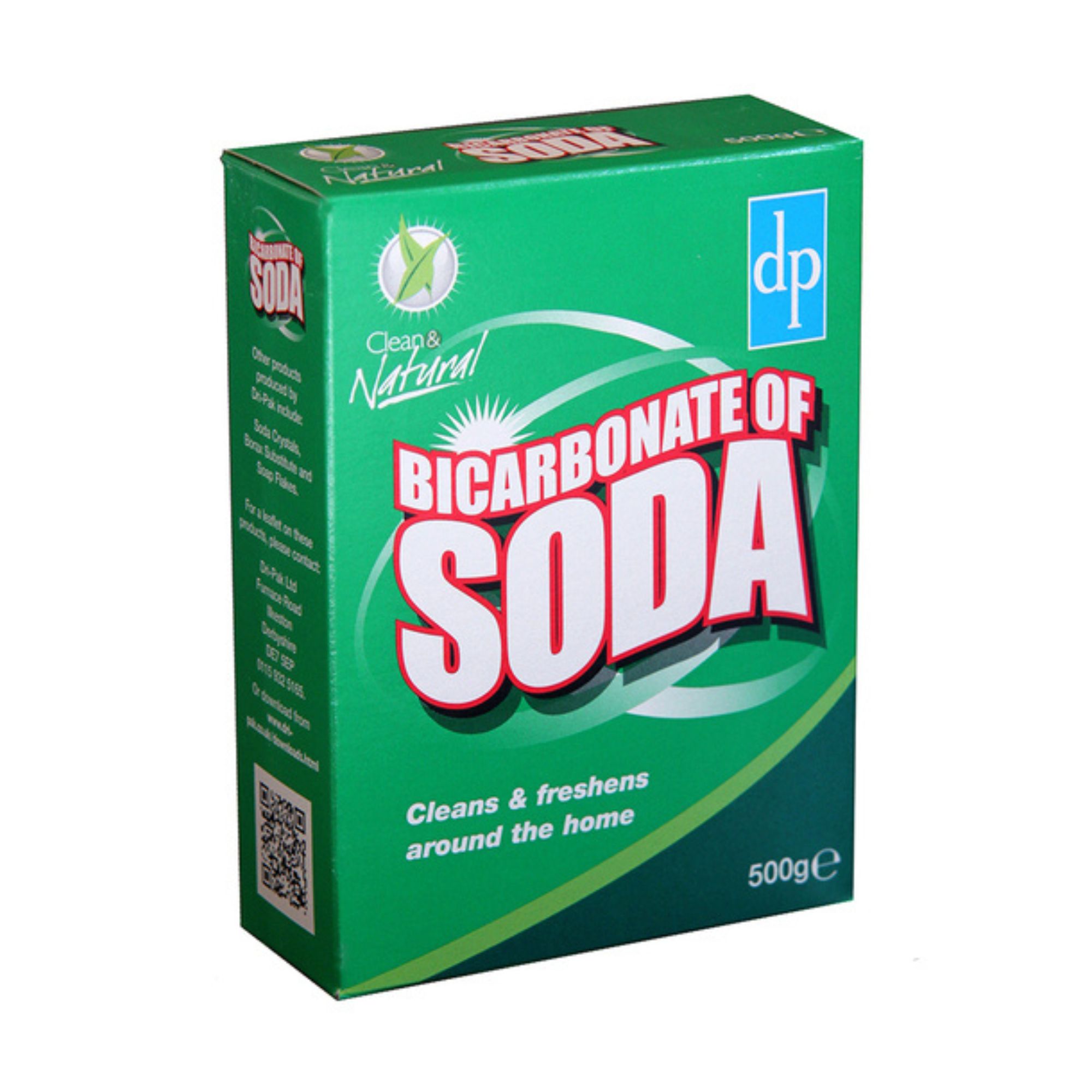What disinfectant can I use in a washing machine? Cleaning experts reveal the product you should avoid at all costs - and to use instead
Disinfecting is key... but only if you use the right product
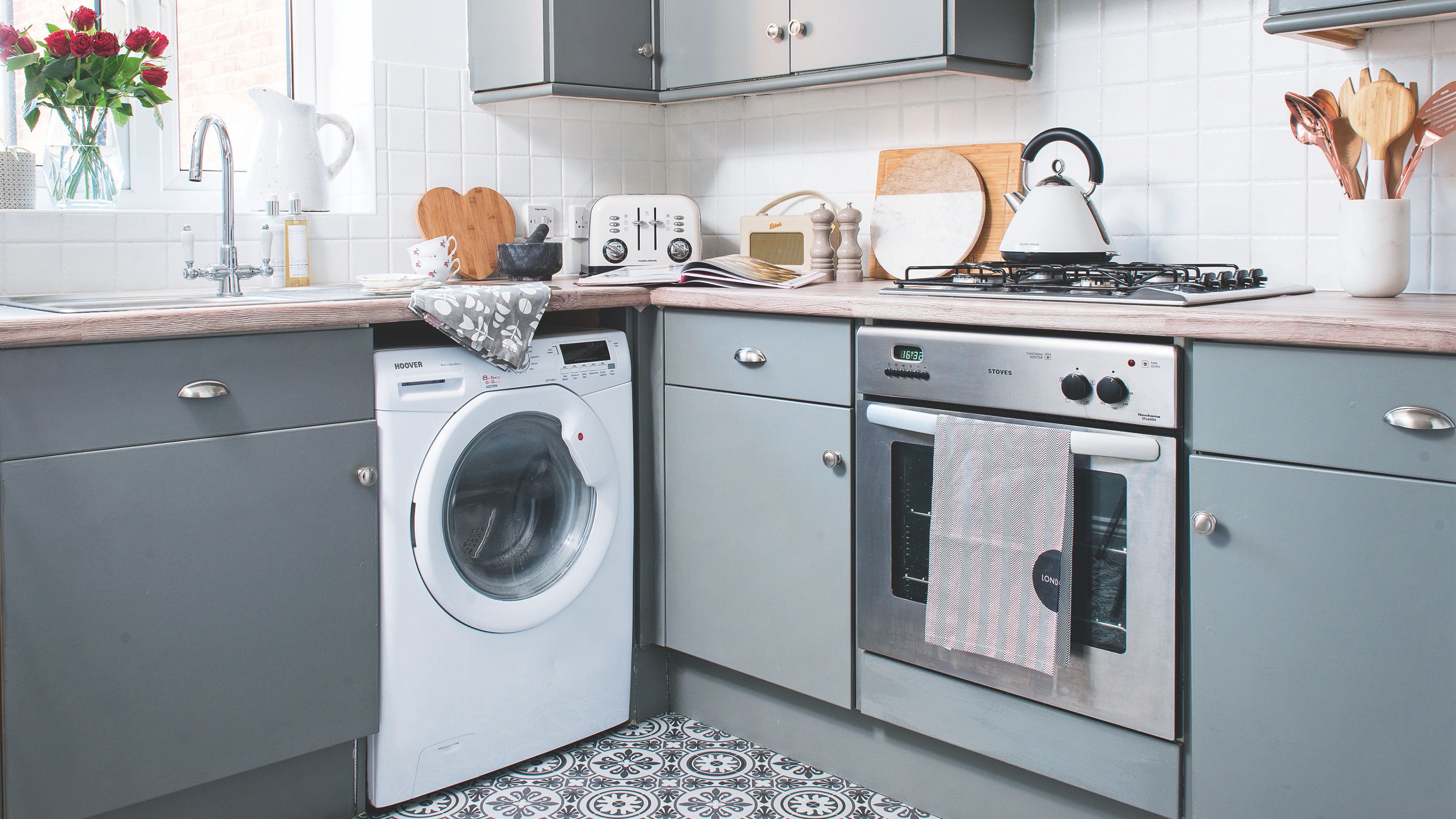

You always need to clean the appliances that clean for you, and washing machines are no different. But while it’s important to disfinect this laundry essential every once in a while, you might wonder: What disinfectant can I use in a washing machine?
Although you should clean a washing machine every few months, most experts would agree that homeowners don’t give their machines the deep-clean they really need. After all, damp washing machines are a breeding ground for all kinds of nasties such as mould, limescale, dead skin cells, and bacteria. This build-up of grime can result in a smelly washing machine and smelly clothes - and the only way to solve it is to disinfect them and kill the bacteria.
Laura Harnett, founder of eco-cleaning brand Seep, says, ‘Smells come from bacteria build-up from your clothing and fabric softener releases fats when it’s used which clogs up the machine and reacts further with bacteria.’ So, if you want to banish odours and leave your clothes smelling fresh, it’s time to ditch the bleach and use natural disinfectants in a washing machine instead.
What you shouldn’t use to disinfect your washing machine
Before we move on to what you can use to disinfect your washing machine, it’s important to understand what you can’t - and one of the biggest no-nos is bleach.
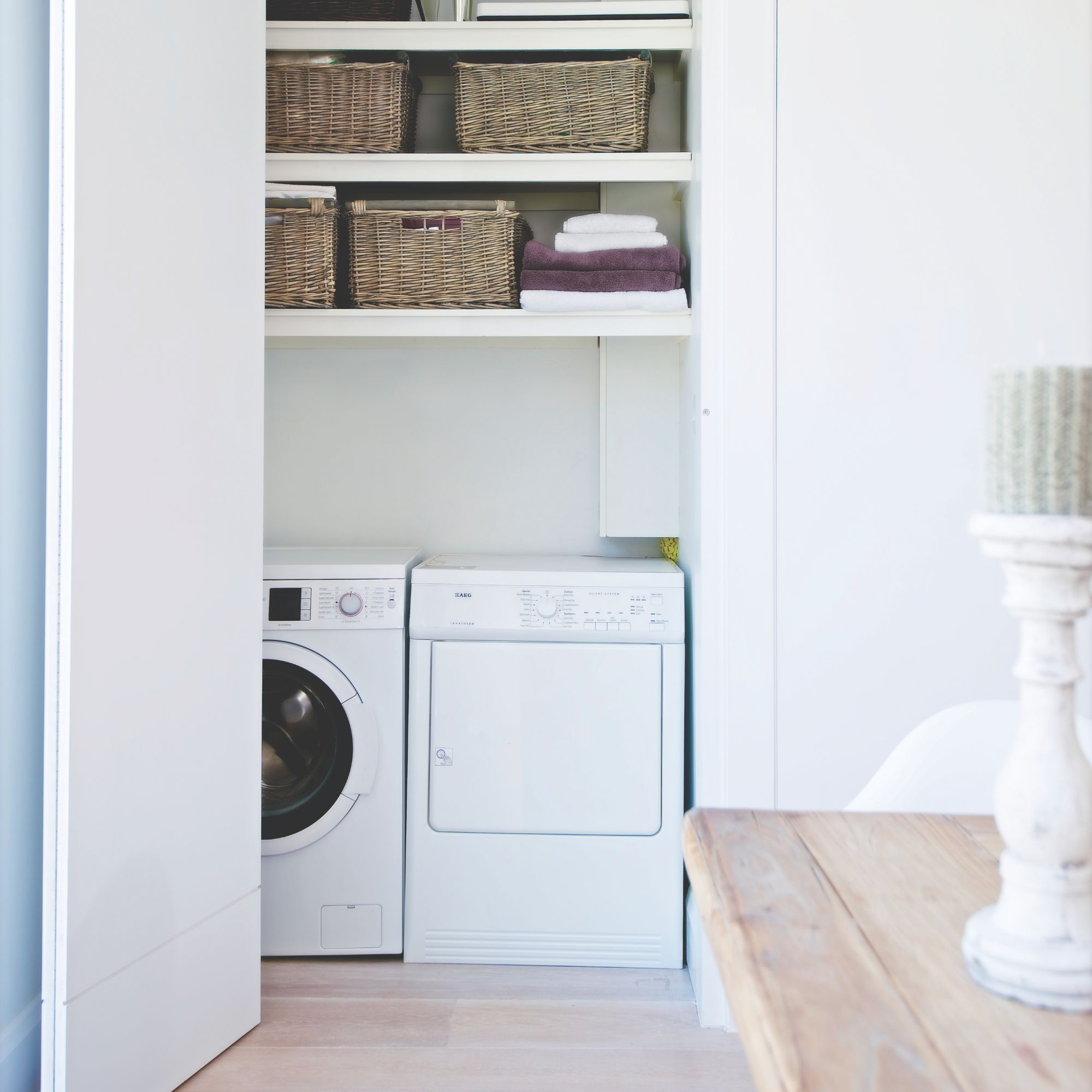
However, it’s not hard to understand why people think they can use bleach to clean a washing machine. After all, it’s one of the most powerful disinfectants you can buy and will undoubtedly clean your washing machine and leave it smelling fresh.
But you might want to add bleach to your cleaning product declutter list, as experts have warned that this harsh chemical (and other chemical washing machine disinfectants) could be doing more harm than good if you want to disinfect your washing machine.
Jessica Rhodes, Product & Marketing Manager at ASKO, explains, ‘These substances are highly corrosive and can damage key components in a washing machine, such as the seals and hoses. Also, the residue left behind from these chemicals can remain in the machine, posing a risk to your laundry and potentially irritating sensitive skin or damaging fabrics.’
Of course, this doesn’t necessarily mean that you have to avoid bleach completely. If your washing machine is in really bad shape and you feel like bleach is a last resort, you can take steps to prevent this irritation and keep your washing machine in tip-top shape.
‘If you choose to use bleach, make sure to opt for a purpose-designed washing machine cleaner, and complete an extra rinse cycle after the main wash to ensure all traces of bleach are rinsed away,’ Jessica advises.
Then, all you need to do is keep on top of cleaning your washing machine and maintaining these positive cleaning habits - like knowing how much detergent you need to use per load.
Richard Howarth, Senior Product Manager for Hoover and Haier UK, says, ‘If you look to do all of the above on a regular basis and don’t overdo the amount of detergent you use, you should have a very well maintained machine which will keep your laundry smelling great and stain free.’

What you can use to disinfect your washing machine
Thankfully, there are many other (much safer) products you can use to disinfect your washing machine instead - and many of them are completely natural.
The most popular method is to clean a washing machine with vinegar and baking soda, like this Miniml White Vinegar from Lakeland. These two common household products will work together to disinfect your washing machine and leave it sparkling simultaneously, and they won’t affect the integrity of your appliance in the process.
In fact, Laura swears by cleaning with white vinegar. She says, ‘White vinegar is the perfect natural, eco-friendly and cost-effective product to use for so many cleaning tasks, including disinfecting the washing machine. It has antibacterial properties, which means that it will remove those bacteria that cause smells and prevent your machine washing your clothes as effectively as possible.’
It’s incredibly easy to disinfect a washing machine with white vinegar, too. All you need to do is add a cup to the drum and pop on a hot wash. This hot temperature is extremely important, as it needs to be hot enough to kill the bacteria and mould spores. Then, you can spray the vinegar on the seals and use a cloth - like this Seep All-purpose Bamboo-based Cloth from Robert Dyas to wipe away any lingering mould in there.
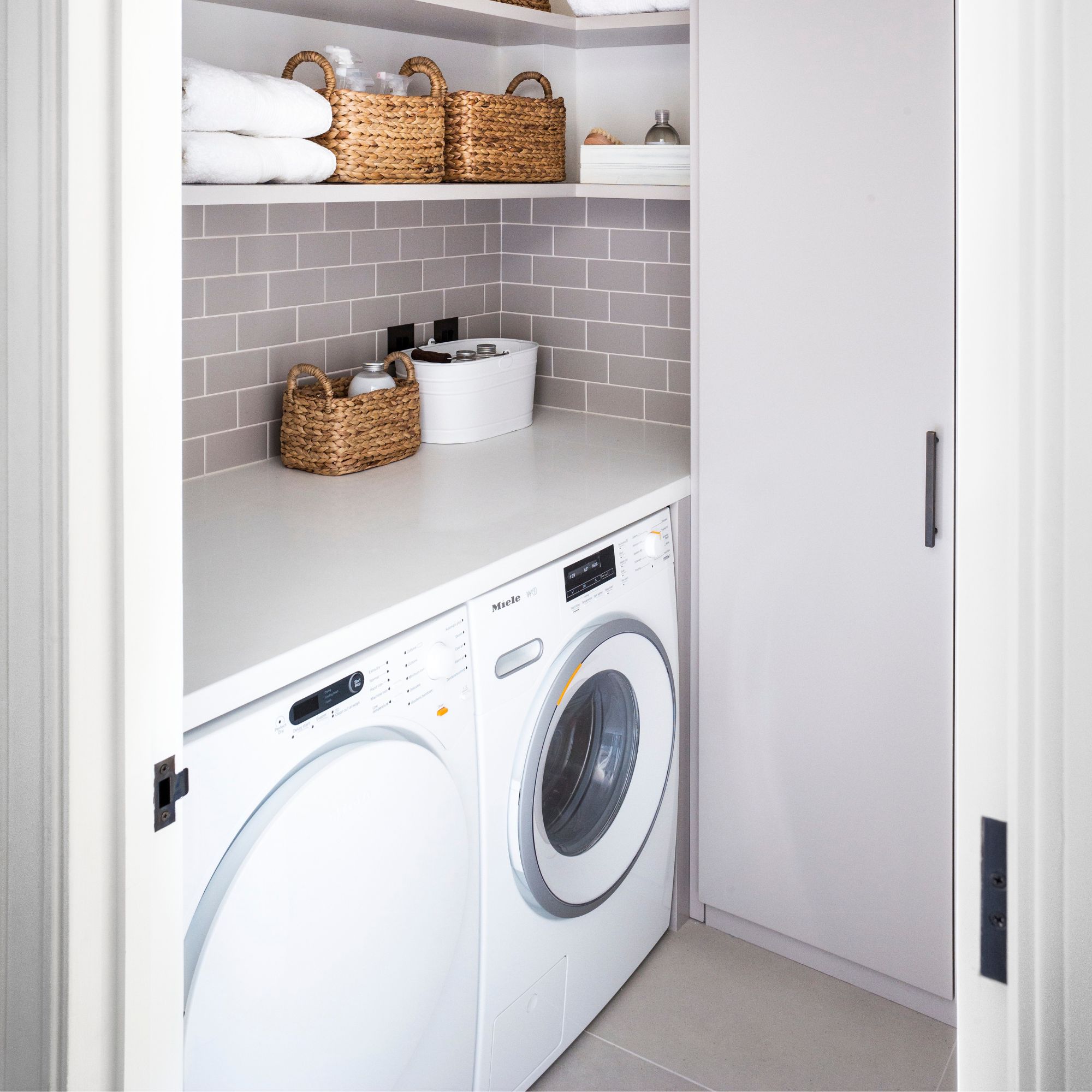
But it’s when the white vinegar is mixed with the bicarbonate of soda that the washing machine disinfecting magic really happens.
‘If the washing machine is especially whiffy, then using both white vinegar and baking soda in a hot wash together gives double the power. They react together with water to create a fizzing paste and will blast through bacteria, mould, and debris and disinfect as well as remove odours.’
If you want to go one step further (or you just really hate the smell of white vinegar), you could also make the most of the best essential oils for cleaning. Many popular essential oils such as tea tree, lavender, and peppermint have natural disinfectant qualities that will not only clean your washing machine but also leave it smelling fresh and clean.
Plus, you could buy a set with different oils - like this Hyppry Premium Grade Essential Oils Set 14 x 5ml from Amazon - and mix up the scent every time you want to disinfect your washing machine.
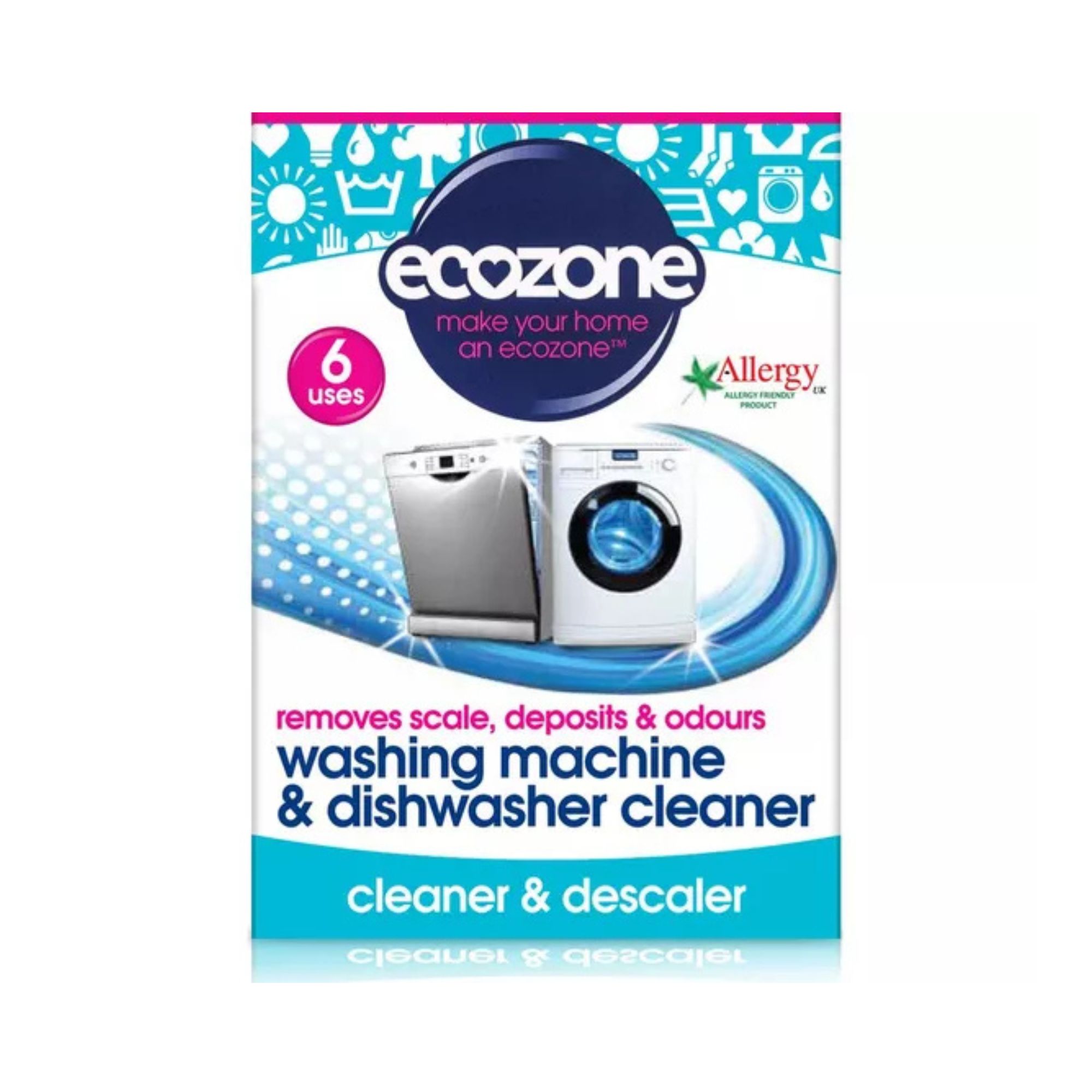
Although the majority of washing machine disinfectants on the market are made using harsh chemicals, this product uses an eco-friendly formula instead.
FAQs
Can I use Zoflora in my washing machine?
Zoflora is a popular disinfectant that can be used around the home, but you need to be careful when using Zoflora in a washing machine. Although this scented disinfectant can kill bacteria and remove odours from your washing machine, experts have issued a warning about this concentrated disinfectant.
Using too much of it at once could damage your washing machine or discolour your clothes if you’re not careful, which is why you should always dilute it first if you do want to use Zoflora in the washing machine.
Is Fairy washing up liquid a disinfectant?
Although Fairy washing up liquid has antibacterial properties, antibacterial products and disinfectants are not the same. So, while you can use washing-up liquid to help clean a washing machine, it won’t do the same job as a proper disinfectant.
When you’ve finished using vinegar as the perfect disinfectant in a washing machine, you might as well keep it out and use vinegar to clean your dishwasher, too.
Your clothes and dishes will both be grateful.
Get the Ideal Home Newsletter
Sign up to our newsletter for style and decor inspiration, house makeovers, project advice and more.

Lauren Bradbury has been the Content Editor for the House Manual section since January 2025 but worked with the team as a freelancer for a year and a half before that. She graduated with a Bachelor’s degree in English and Creative Writing from the University of Chichester in 2016. Then, she dipped her toe into the world of content writing, primarily focusing on home content. After years of agency work, she decided to take the plunge and become a full-time freelancer for online publications, including Real Homes and Ideal Home, before taking on this permanent role. Now, she spends her days searching for the best decluttering and cleaning hacks and creating handy how-to guides for homeowners and renters alike, as well as testing vacuums as part of her role as the Ideal Home Certified Expert in Training on Vacuums, having spent over 110 hours testing different vacuum models to date!
You must confirm your public display name before commenting
Please logout and then login again, you will then be prompted to enter your display name.
-
 Will a conservatory add value to your home and how can you maximise it?
Will a conservatory add value to your home and how can you maximise it?This is what the pros say
By Amy Reeves
-
 I’ve been looking for a new signature scent for my home and The White Company's new fragrance is the exact summer holiday smell I needed
I’ve been looking for a new signature scent for my home and The White Company's new fragrance is the exact summer holiday smell I neededSantorini smells fresh, summery and sophisticated
By Kezia Reynolds
-
 How to remove algae from garden walls in five steps – and the cleaning product experts rave about for tackling it fast
How to remove algae from garden walls in five steps – and the cleaning product experts rave about for tackling it fastExperts share their top tips for getting garden walls algae-free
By Katie Sims
